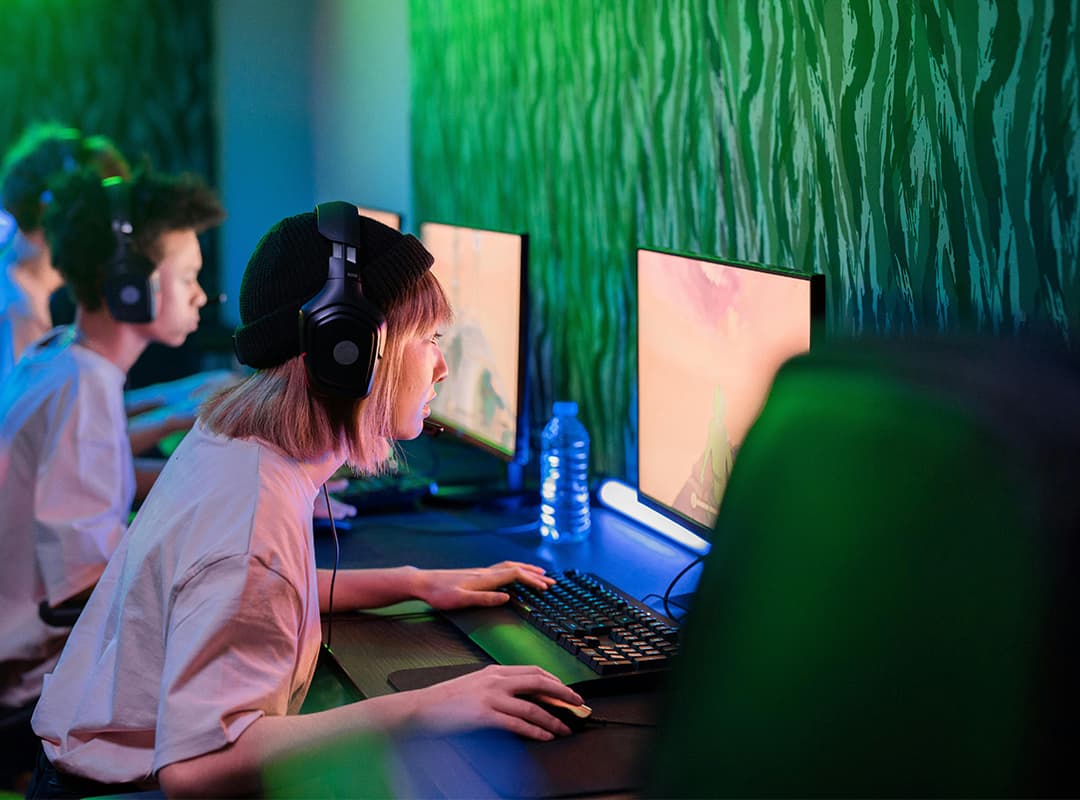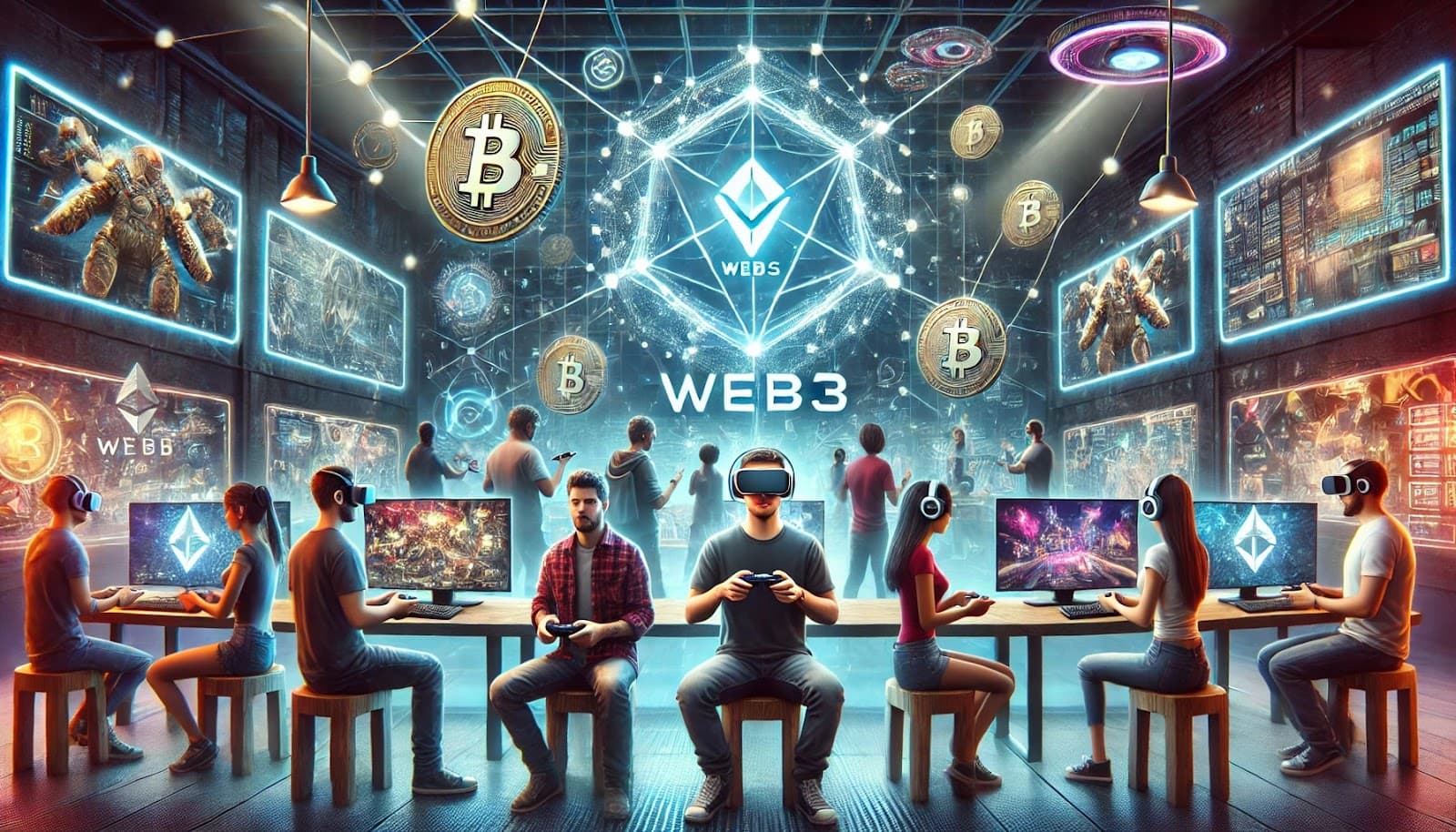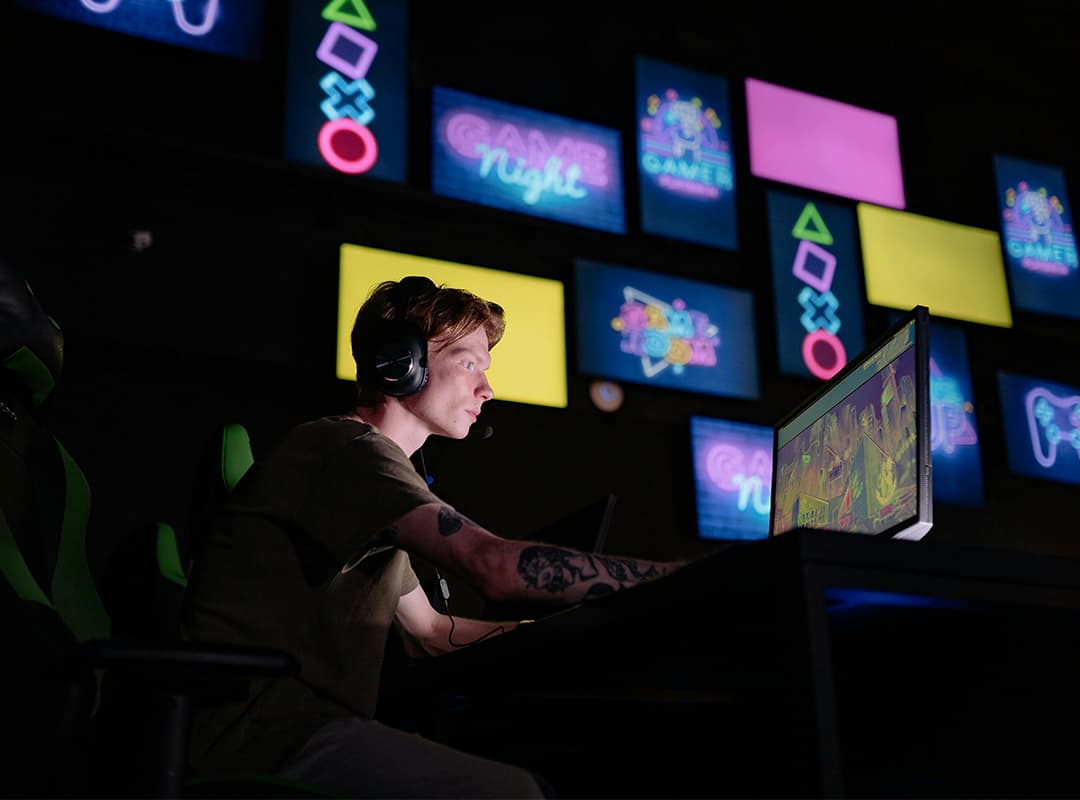The gaming industry is undergoing a significant transformation with the integration of non-fungible tokens (NFTs). NFTs offer a unique way to represent digital assets, providing players with true ownership and enabling new economic models within games. This article explores the tools available for integrating NFTs into games and highlights some of the innovative use cases that are shaping the future of gaming.
What Are NFTs?
Non-fungible tokens (NFTs) are digital assets that represent ownership of a unique item or piece of content, verified and stored on a blockchain. Unlike cryptocurrencies like Bitcoin or Ethereum, which are fungible and can be exchanged on a one-to-one basis, NFTs are unique and cannot be exchanged on a like-for-like basis. This uniqueness makes them ideal for representing rare and collectible in-game items, characters, or even virtual real estate.
Tools for Integrating NFTs into Games
1. Blockchain Platforms
Choosing the right blockchain platform is crucial for NFT integration. Some popular options include:
- Ethereum: The most established platform for NFTs, offering robust tools and a large ecosystem.
- Binance Smart Chain (BSC): Known for lower transaction fees and faster confirmation times.
- Polygon: A Layer 2 solution for Ethereum that provides scalability and low costs.
- Flow: Designed specifically for gaming and digital collectibles, with a focus on scalability and usability.
2. Smart Contract Languages
Smart contracts are the backbone of NFT functionality. Key languages include:
- Solidity: The most widely used language for writing smart contracts on Ethereum and compatible blockchains.
- Rust: Often used for Solana-based NFTs, offering high performance.
- Cadence: The smart contract language for Flow, designed to be secure and easy to use.
3. NFT Standards
Several NFT standards exist, each offering different functionalities:
- ERC-721: The original NFT standard on Ethereum, representing unique assets.
- ERC-1155: A more flexible standard that allows for both fungible and non-fungible tokens in a single contract.
- BEP-721 and BEP-1155: Binance Smart Chain equivalents of ERC-721 and ERC-1155, respectively.
4. Marketplaces and Wallets
To facilitate the trading and storage of NFTs, developers can integrate marketplaces and wallets:
- Marketplaces: Platforms like OpenSea, Rarible, and the neon gamer marketplace enable players to buy, sell, and trade NFTs.
- Wallets: Wallets like MetaMask, Trust Wallet, and neon gamer wallets allow users to securely store and manage their NFTs.
Use Cases of NFTs in Games
1. Digital Collectibles
NFTs can represent rare items, skins, characters, and other in-game assets, giving them real-world value. Games like CryptoKitties and Axie Infinity have pioneered this space, allowing players to collect, breed, and trade unique digital pets.
2. Virtual Real Estate
In virtual worlds like Decentraland and The Sandbox, players can purchase plots of land represented as NFTs. These virtual properties can be developed, rented, or sold, creating a digital real estate market.
3. Play-to-Earn Models
NFTs enable play-to-earn models, where players can earn cryptocurrency and valuable assets by participating in games. For instance, Axie Infinity allows players to earn tokens through gameplay, which can then be traded for real money.
4. Interoperability and Cross-Platform Use
NFTs can enable assets to be used across different games and platforms. For example, a weapon or character skin owned in one game could potentially be used in another, provided both games support the same NFT standard.
5. Community and Fan Engagement
Developers can use NFTs to engage with their community, offering exclusive content, rewards, or governance rights. This creates a deeper connection between the game and its players, as seen in projects like Rarible and SuperRare.
The integration of NFTs into games offers a new dimension of ownership, economy, and engagement. With tools like blockchain platforms, smart contract languages, and NFT standards, developers have a wide array of options for creating unique and valuable in-game experiences. The rise of marketplaces and wallets like neon gamer further facilitates the trading and management of NFTs, making them accessible to a broader audience.
As the technology and ecosystem continue to evolve, the potential applications of NFTs in gaming are boundless. From digital collectibles and virtual real estate to play-to-earn models and cross-platform assets, NFTs are set to revolutionize the gaming industry. Whether you’re a developer, investor, or player, the world of NFT gaming presents exciting opportunities and challenges that are worth exploring.




